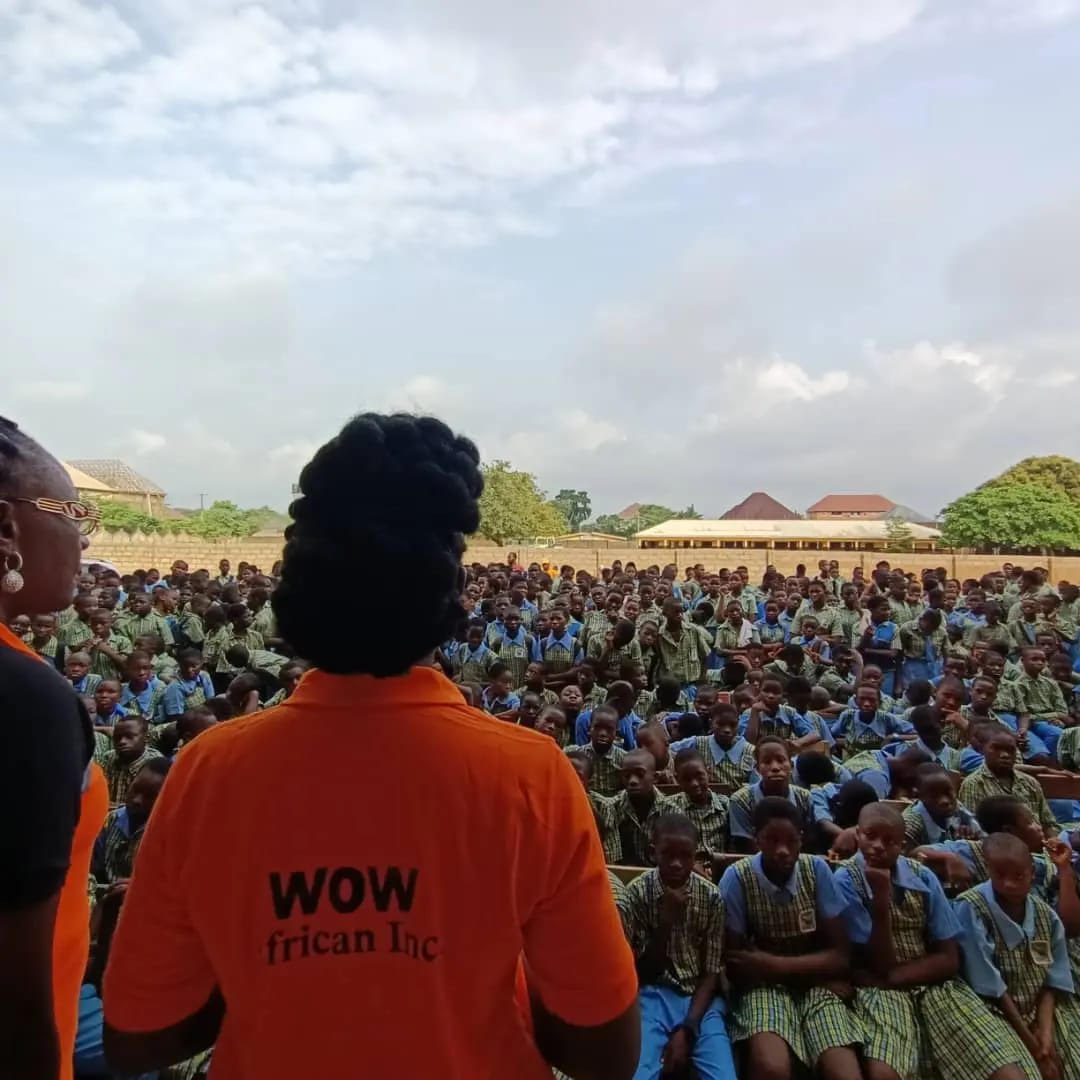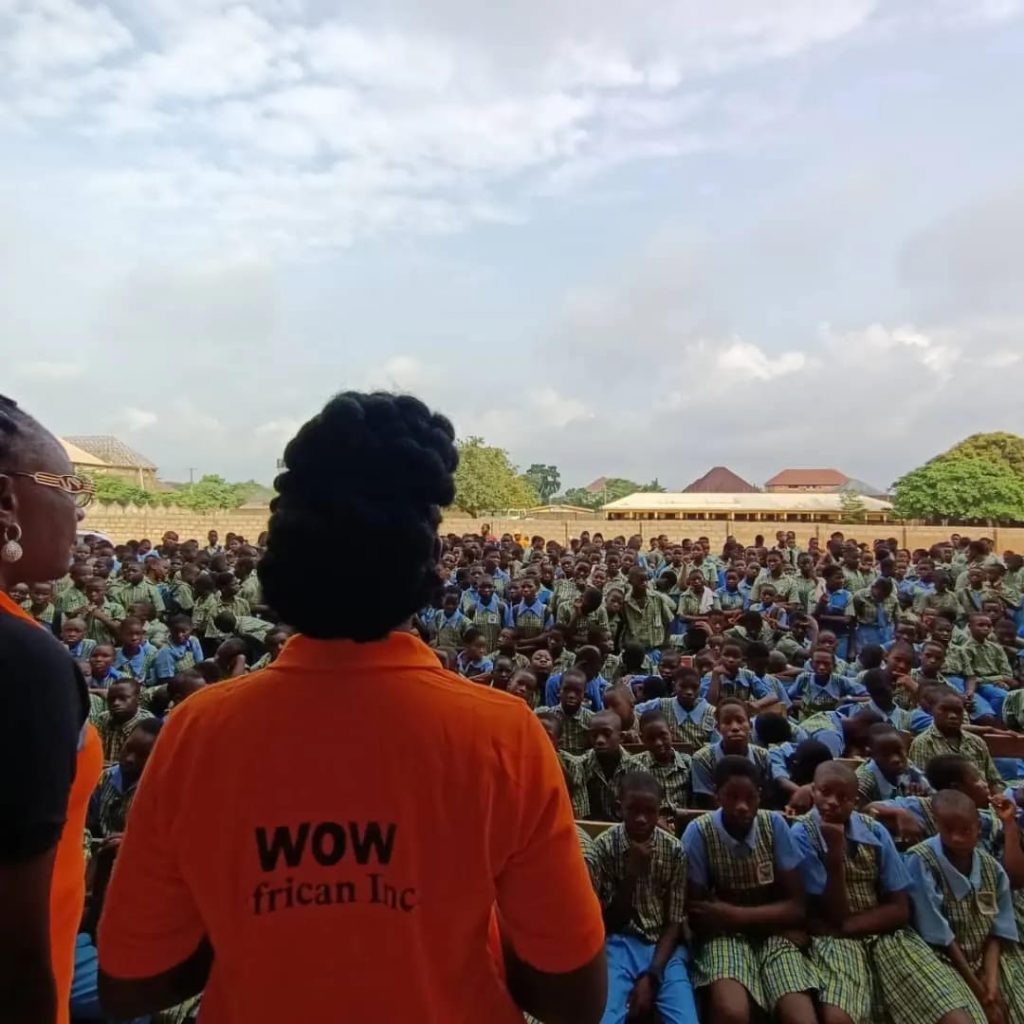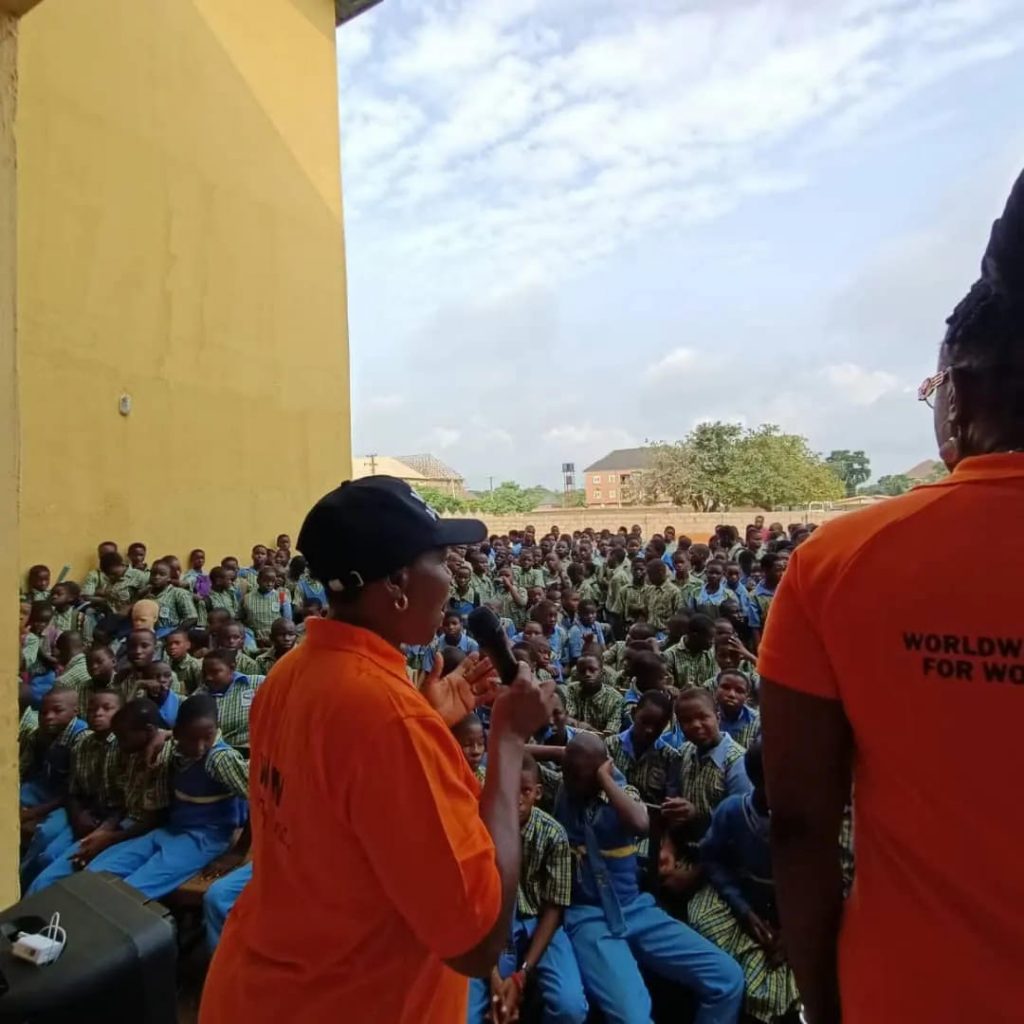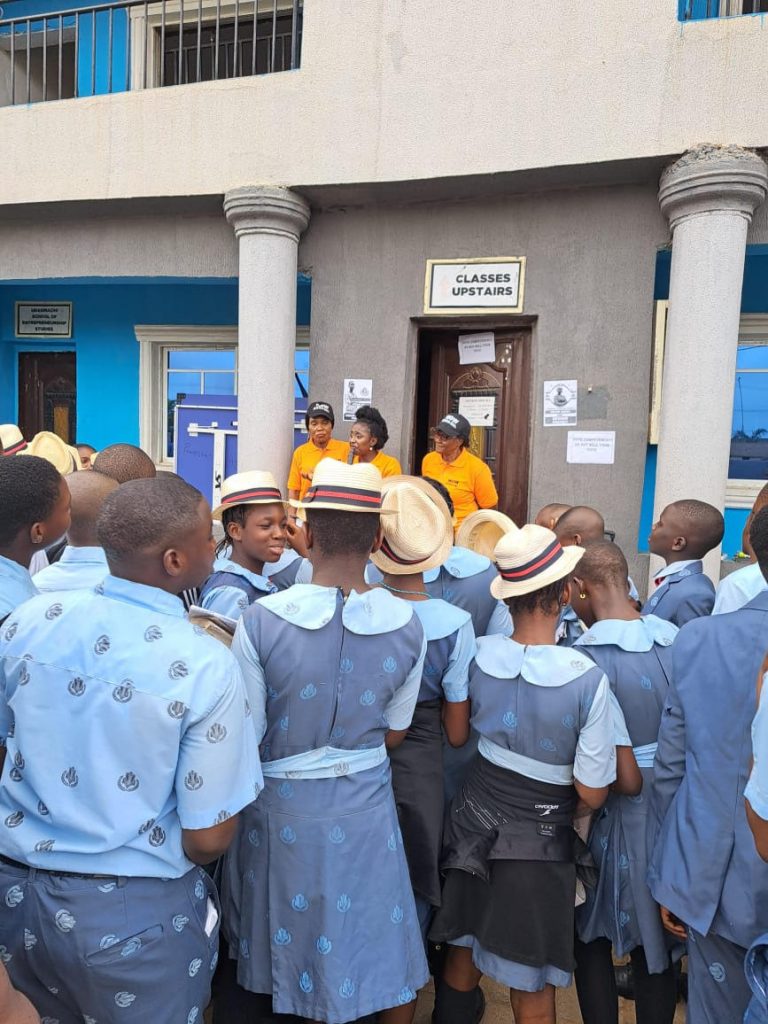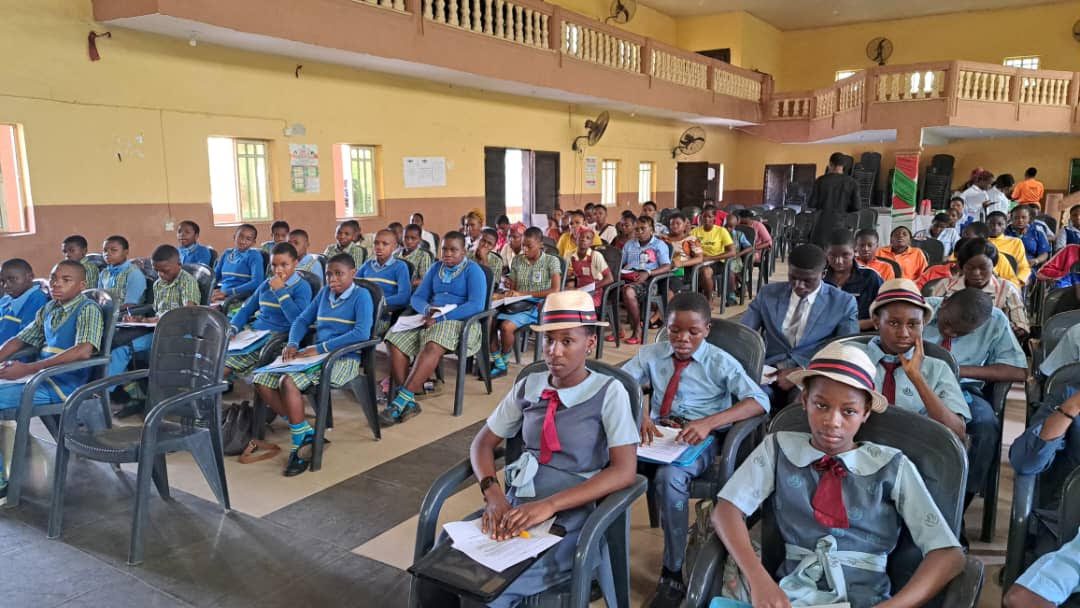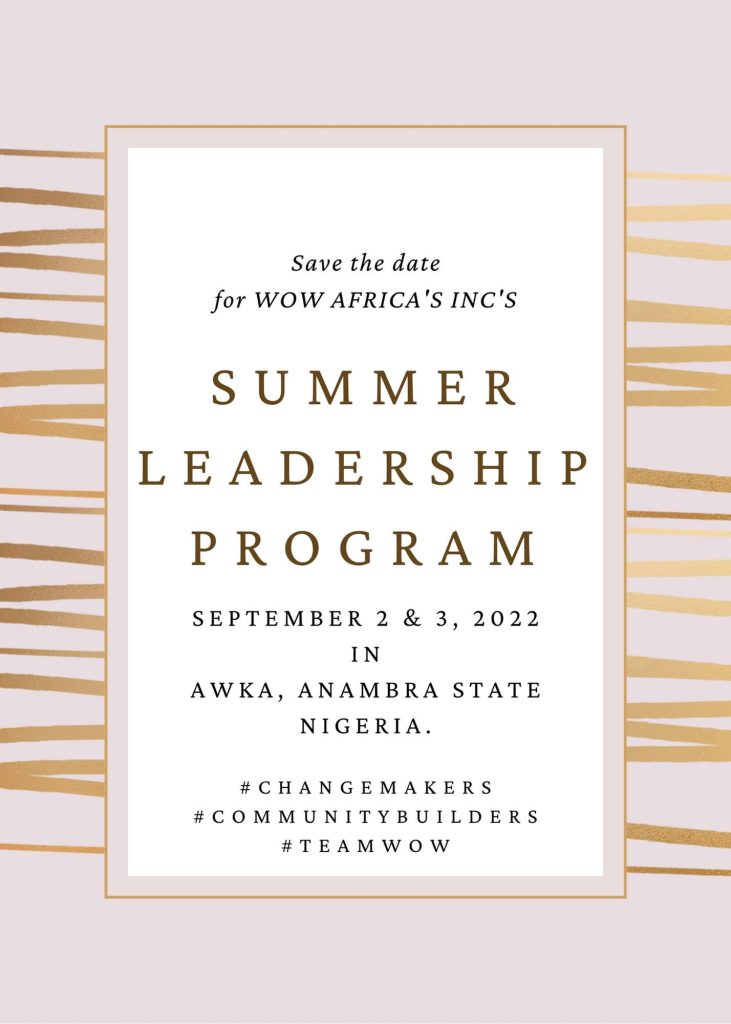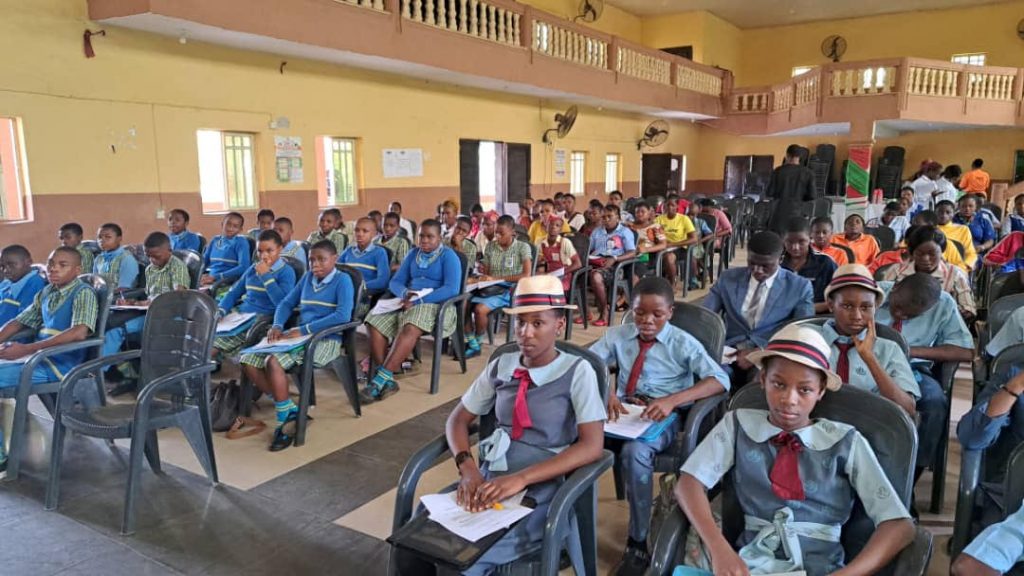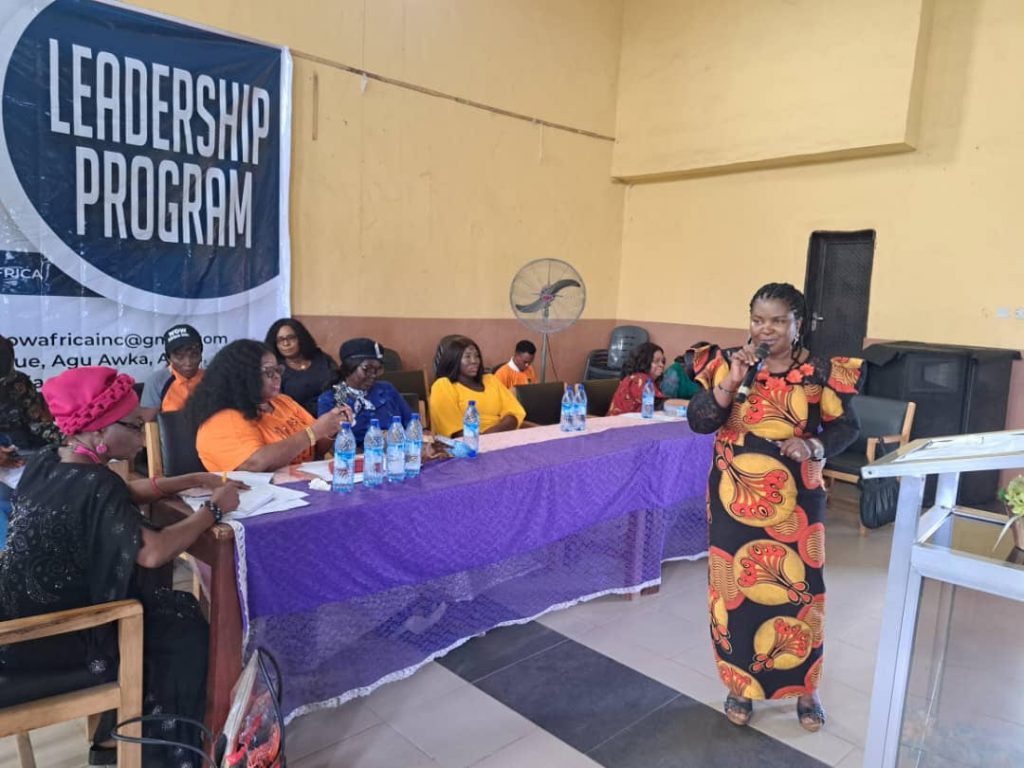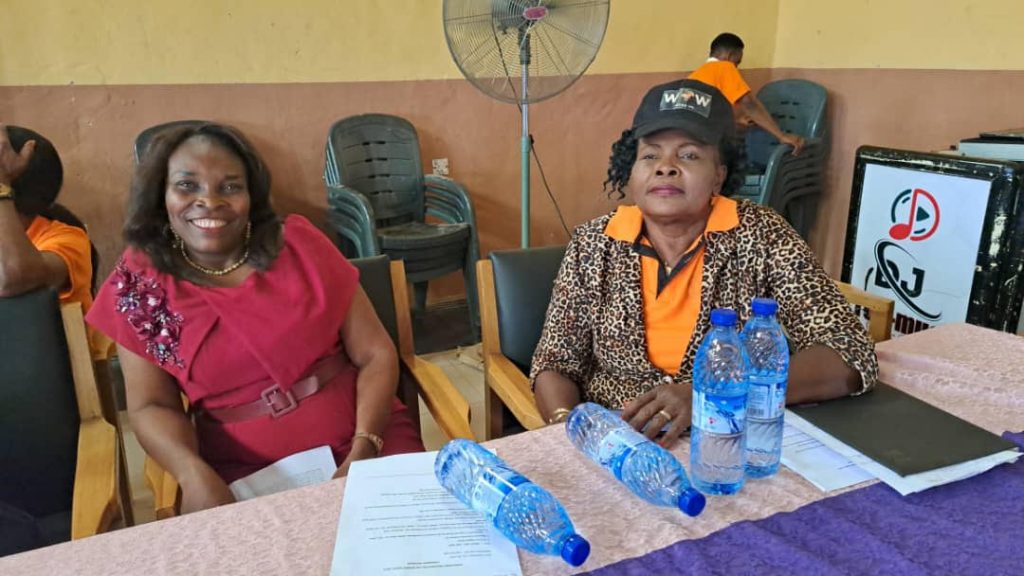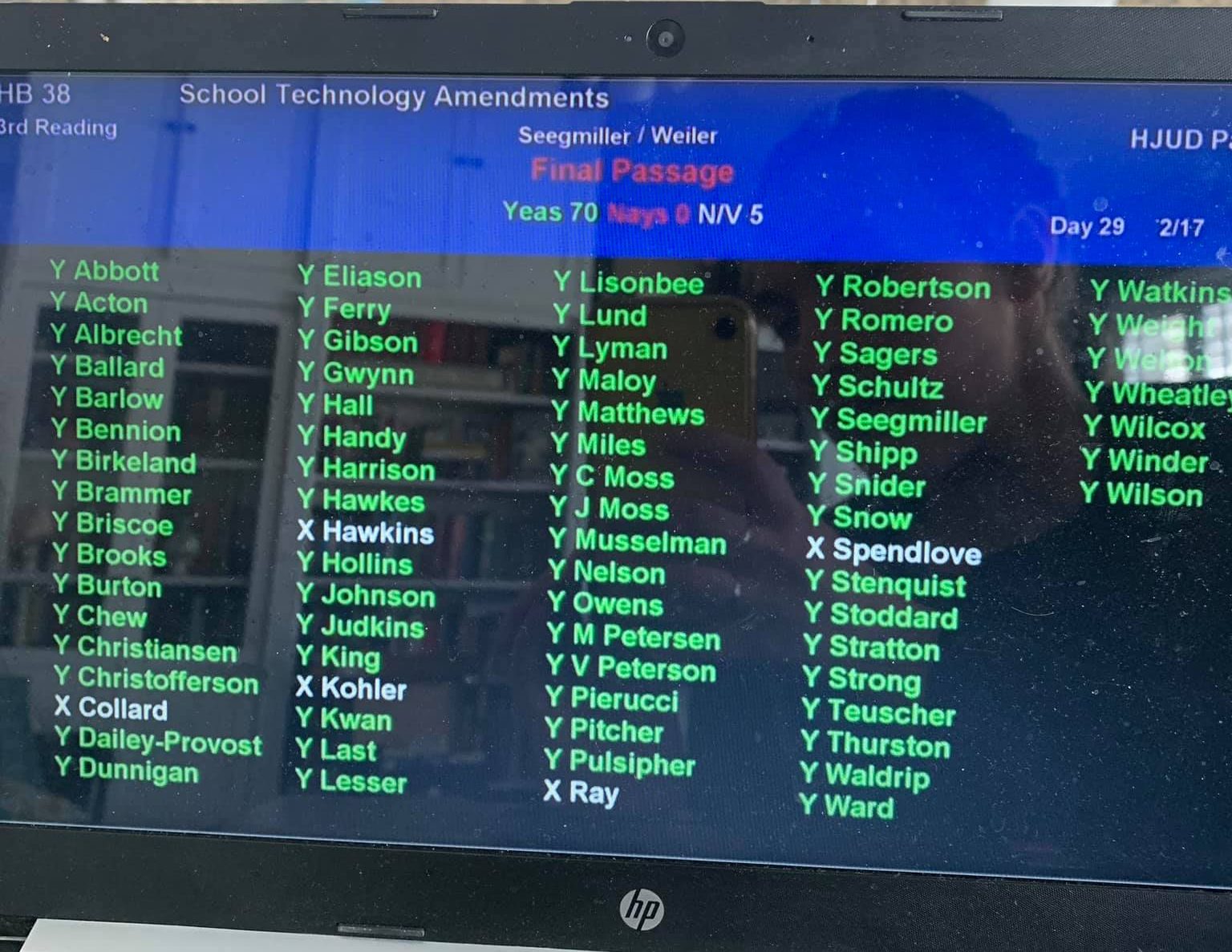Parents and school administrators have requested that I make a short, free curriculum that parents can use to help their children navigate some of the social issues children are often forced to encounter at young ages.
This curriculum is basic but deep, and it’s a principle-based lesson plan to help parents prepare their children to be free-thinking, discerning, loving, and confident during these times of ideological warfare.
The goal of this lesson plan is to initiate parent/child discussions that lead to families deliberately living by principles, better parent/child bonding, and create an environment where children are prepared to stand out and speak up when needed in loving ways about hotly-debated topics or differences of opinion.
The lessons build upon each other and are meant to be implemented in order, although they don’t have to be.
For additional insight on these lessons intended to create uniting and empowering family cultures for our times, please be sure to listen to Teaching Self-Government Podcast 68, “Stand Out & Speak Up – Self-Government Principles For Our Day!”
Foundation First
In order to understand and apply the lessons, it is vital that the term self-government be understood. Self-Government is being able to determine the cause and effect of any given situation and possessing a knowledge of your own behaviors so that you can control them. This means that a person makes a plan for her life, analyzes her progress toward her desired version of herself, and then willingly makes course corrections to align with her goals and principles.
All of the lessons here are built upon the understanding that the principle of self-government leads to free nations, united families, and increased personal success. When outside forces try to control an individual or decrease the motivation for self-government, then the individual is disempowered and most often loses freedom. Government or social systems that embrace forcing individuals ultimately lead society to entitlement, apathy, lack of trust in others or the government, and widespread fear.
Self-government is born in the family and needs to continually be nurtured there if society is going to recover from the current social/political wars. Parents, the most influential decision-makers in society, have the power to reverse social trends and lead children toward truth by deliberately transforming their family cultures into academic and ideological gymnasiums. It used to be that we looked to schools to provide the intellectual gymnastics that opened thought. However, in modern times, many families are seeing that the best, well-rounded dialog is better suited to home life.
12 Lessons for Teaching Children Self-Government Principles that help Children Stand Out & Speak Up
1. People who follow true principles are happy.
There is a difference between rules and principles. It’s imperative that parents teach their children the difference between these so that they can identify truth and manipulation. Two TSG podcasts have been dedicated to comparing principles and rules; podcasts 36 and 60.
Principles are components of broader truths, provide direction, do not change, are not behavior-specific, and provide basic guidelines for behavior and action. When a person lives by principle, they do a better job of self-governing themselves and they rarely need an overabundance of rules/applications.
Rules/applications are behaviors, steps, practices, and procedures by which the principles are enacted. However, some rules are not based on principles and just lead to control. Rules/applications change by situation or circumstance.
Activities:
- Teach the principle of self-government to the family and discuss what it means. For additional insight read “Parenting A House Untied” chapter 1.
- Tell stories to the children of heroes who had self-government.
Possible books to read aloud and discuss: “Teddy’s Button,” “Red Scarf Girl,” “Little House on the Prairie” books, “The Hiding Place,” “The Little Maid” series, “Caddie Woodlawn,” “The Oracle Sphere,” “Little Men,” “Little Women,” “Little Britches”series, “Little Princess,” “The Alliance,” “Lonesome Gods,” “The Hobbit” & “Lord of the Rings,” Narnia books, “Sign of the Beaver”…
2. Maintain Identity and Honor
Who are you? Who are they? Our true identities are NOT a list of things we’ve done or things we like and enjoy. True identity is based on self-evident, non-changing truths. The moment I had a child, I was a mother, and the moment my child was born, he was a child. These truths are self-evident even if we didn’t have a good relationship or live together. One self-evident truth my mother taught me when I was young was that I am a child of God. She taught me this simple lesson through a sweet song and discussion and by treating me as a person who had value, even though I was small.
Teach the children that their family roles and identities lead to peace and empowerment. When a family doesn’t honor basic family roles, then parents don’t teach and children don’t learn. This is the recipe for family dysfunction.
It’s important to remember that history can inspire us forward or hold us back. How we process our history can have a lasting impact on our happiness. Our past, or the past of our family members and friends, isn’t our identity, but it’s our journey instead. A journey can produce a hero. But, a person trapped in the past only produces more and more victims.
The word honor means “dignity, exalted rank, distinction, reverence, true nobleness of mind.” (Webster’s 1828 dictionary) When a family culture honors each individual, then that family encourages the children to honor themselves as members of the family. People live more with dignity when they learn to honor themselves.
One way we honor ourselves is by making standards to live by that match our morals and principles. Standards are rules that help us behave in a more principled way so that we can act in harmony with our ideals.
Activities:
- Read the book, “Roles: The Secret To Family, Business, and Social Success,” and discuss it as a family. Optional: read “The Dream Giver” and discuss.
- Identify family standards you can live by. For a list of standards, you may want to consider reading, “Parenting A House United” chapter 15.
3. Examine Your Heart
We all have freedom to choose who/what we follow and give allegiance to. A person has allegiance to either goodness/God, evil, self, or others. Only an allegiance to goodness brings peace and the acceptance of others.
What is the desire of your heart? Who do you want to be like? What is your definition of good? How does that relate to the real meaning of good?
Good means God-like, or of high moral qualities.
Activities:
- Teach them about their moral agency to choose and have them write down what their heart desires most for their life.
- Teach them the difference between good and bad, right and wrong, true and false.
Identify when characters in stories do the wrong thing by reading and discussing, “Peter Rabbit,” (teaches right and wrong), “Little Red Riding Hood,” (teaches good and bad), “The Little Boy Who Cried Wolf,” (teaches true and false), “Three Little Pigs,” (teaches true and false), and/or AESOP’S Fables (teaches multiple morals and good decision making).
4. Turn Heart To Goodness and Away From Selfishness
Discuss selfishness with your children and help them to see how an individual who exclusively focuses on what they want or how they feel in a situation is likely being selfish. Teach them about mental traps people can fall into that lead to selfishness, such as thinking, “Nobody cares about me,” “I can’t do that hard thing or help those people,” or, “If only I could _______, then I’d be happy.”
Focusing on goodness and truth are the opposite of selfishness because goodness leads a person to take positive social action.
Dive into goodness each day by setting time aside for studying principles of goodness. Diligently study your family’s core book in order to infuse your life with core beliefs and principled morals. Many families study and discuss religious and gospel truths during this time. When parents need to become the students of truth, then the children will follow their parents’ example.
Core books and principles become a standard of truth for the family and allow the family to repeatedly compare all their other studies to their core book.
Activities:
- Immerse yourself in truth-seeking by setting a goal to do daily/weekly study and by studying truths and principles as a family.
- Set a goal to search core books and discuss each day as a family. Write your start day on your calendar.
5. Making A House United
Unity at home must occur before social unity can happen on a larger scale. Unity heals, empowers, inspires, and motivates. For our children to thrive in society, we need to give them a foundation of unity. If they don’t know what unity feels like from home life, they can’t promote it in the broader culture.
Plan for family unity by creating a family vision, improving communication, increasing problem-solving abilities, and lovingly correcting problems. Families who pre-plan their family culture and deliberately live according to their plan always find more unity and success because the family is consistently reminded of who they are and where they are headed.
Activities:
- Talk about what a united family feels like and does. Write down your thoughts and key ideas.
- Make a family vision for 10-20 years in the future. The process for making a lasting family vision is contained in “Parenting A House United” chapter 3.
6. How To Communicate Effectively
Another key ingredient to make a house united is planning how the family will communicate. Good self-government communication means having a calm and loving voice tone, while firmly and consistently teaching, correcting, and praising the children.
Prepare the family for communication success by teaching everyone the skills they need for self-government. The Four Basic Skills are a good place to start. These skills are: Following Instructions, Accepting “no” Answers/Criticism, Accepting Consequences, and Disagreeing Appropriately. When you make a plan for how you will communicate, meetings become the place to check up on how the family communication is happening. Giving feedback by effectively correcting and praising keeps the family connected and learning together in love each day.
Preparing for success and analyzing problems that need fixing create a motivating self-government home environment. The skills promote principles such as letting go of harmful emotions and debilitating thoughts, understanding and bonding to others, and improving calmness.
Activities:
- Watch the Calm Parenting Toolkit videos for FREE. Then start teaching your children about calmness.
- Study self-government communication skills and meetings formats in “Parenting A House United” or the “TSG Parenting Course.”
- Practice effective communication by role playing common family communication scenarios. (Switching roles during the role plays can be fun.)
7. Learn and Listen: Teaching Discernment
Discernment is the “power of perceiving differences of things or ideas.” (Webster’s 1828 dictionary) No discernment is more motivating than moral/spiritual discernment. Children learn this discernment from their parents or the most involved influences in their lives.
In order to learn discernment, a person has to be surrounded by truth most of the time. Identify trusted leaders to seek inspiration from. Trusted leaders can include parents, core books, grandparents, and the Spiritual Voice of Discernment. To properly discern, a person listens with their heart and mind to learn the truth. Both heart and mind should agree when you have found the truth.
Activities:
- Tell your children discernment stories of times when you have followed wise council or promptings, including what it felt like and the thoughts and outcomes you had. These stories will give them confidence to follow wise counsel and inspiration, too.
- Talk about truths and values they already know and how they can follow those in daily life. Role play common scenarios they may have. Role plays are one of the most powerful ways to learn. (Many programs are using role play to teach different values. Don’t skip the role plays because your values could differ from role plays done as part of other environments or groups.)
8. Follow Instructions & Ask For Direction
After discerning what is true, a person then follows instructions in order to bring herself into alignment with the truth she learned. From time to time, during the process of following truth, a person might need more information. This is when they need to learn how to ask trusted sources good questions.
Following instructions is a vital skill for acting upon discernment. The steps to following instructions are:
- Look at the person, situation, truth
- With a calm face, voice, and body
- Say, “okay,” or ask to disagree appropriately
- Do the task immediately
- Check back (Report on progress)
Teaching your child to follow instructions prepares them to give themselves instructions to act in the future, which is a part of being a self-governed person.
Asking the right questions of a trusted source takes practice. Communicate with calmness and a desire to understand. Using the Disagreeing Appropriately skill as a model for communication is always effective.
If a person or news source shares an opinion or gives you information that you don’t feel good about, then this is a good practice to follow. Think, “This is where they are at.” Ask, “How does this compare to my core beliefs and truths I already know?” and, “What principles could this person not be seeing or remembering?” If necessary, research their perspective and research your perspective to fully understand the situation. Listen (discern) and form more questions as you learn. Try to see what is not seen.
Recently a woman was complaining online about her church not giving women equal talk time in a certain service. When I read her comment, I could have allowed myself to become emotional about it, like she was. But, instead I questioned, “What did she get out of the service? What was the topic?” It occurred to me that this woman might have been myopic; only seeing the issue she cared about that day, but not looking for any other good messages. I also wondered why she didn’t value all people and why she chose to assume that people had malicious intentions toward her and her important issues. Maybe they didn’t. After all, no hostile actions were mentioned. She only said that she noticed men giving talks.
This woman wasn’t accepting “no” answers. The Accepting “No” Answers skill prepares a person to stay calm and drop the subject when things don’t go their way. It could have helped her have a more fulfilling and productive church time. How many times had she focused on her one observation? Had that hyper-focus increased her happiness or decreased her happiness and inner peace? I don’t know the answers to these questions, but I do know that obsessing over one topic and hunting for violations of the one issue never leads a person to peace. When a person doesn’t have peace, they lose the ability to have positive influence on others.
The seeking to understand principle utilized in Disagreeing Appropriately could have also benefited her.
Activities:
- Learn the Four Basic Skills of Communication, which can be found in TSG books and courses.
- Read current events and analyze them from a non-biased perspective. See what is not seen in the news stories, then discuss.
9. Fight Lies, Not People
Don’t quarrel or make war at home or abroad. We learn peace through the habit of establishing peace at home through parenting and good communication.
So many homes are at war. Children’s hearts are turned from their parents and parent’s hearts are turned from their children. Sure, these war-like homes would profess loving each other, but they continually treat each other with contempt, which is the opposite of love. This shows an inner focus of self during war times.
Power struggles can be started by children or parents. Learning to identify power struggles and replacing them with calm communication puts the primary focus on each individual governing themselves, instead of trying to control everyone else.
When people don’t get along, talk about communication and the skills needed, not about the people and their shortcomings. People aren’t the enemy; people are learning. The enemy is all the lies.
Lies are all around us. When we power struggle, we are assuming lies about the other person. When we stress, we are believing a lie, too. We think we can’t do something when we probably can. Or, at the very least, trying won’t hurt us.
When the lies and wars surround us, we need to check ourselves for calmness, choose our words carefully, love others, and say the truth with compassion.
Seeking to understand, then to be understood, is a principle that is behind the skill Disagreeing Appropriately. This skill helps us govern our tongues.
My father used to say, “Master your mother tongue, and you will make a mark upon the world that will be noticed.”
Activities:
- Discuss making your home free from war and why corrections need to happen.
- Teach the children how to correct with love and use those corrections daily. (see course, etc.)
- Practice Disagree Appropriately role plays related to current events or current social issues.
10. Stand Upon Your Own Feet: Work
Teach the children that every person is rewarded for his own labor. Books like, “Tortoise and the Hare,” “Little Red Hen,” and, “The Little Engine That Could,” all teach us that work pays off and feels good in the end.
Teach the children to work by having regular work times as a family, as well as daily chores that are assigned. Work is a key ingredient in the recipe of freedom. So, even if they are complaining about pulling weeds or doing a family project with you, remember that you are doing them a great service. And, correct them for not Disagreeing Appropriately. (See TSG books and courses for correction steps.)
Parents set the tone on the acceptance of work and chores. If work or chores are bad in the parent’s eyes, they will be bad in the child’s eyes, too. Decide now to value and enjoy work so that your children don’t see work as a drudgery, but something that can be enjoyable.
Activities:
- Read, “Tortoise and the Hare,” “Little Red Hen,” “The Little Engine That Could,” and discuss.
- Do daily chores, family work, and projects…Schedule a family work time for this week.
11. Serve Others No Matter What
We are never truly happy when we only look out for ourselves. No great mission or life’s purpose only serves the individual. Doing good involves helping others. To counter the selfish ideological battles that are raging around us, teach the children to find joy in service.
Parents are the best example of service. If they serve and love their families and others happily, the children will see service as a component of a life’s purpose. But, it doesn’t hurt to also explain how a life’s purpose will also include impacting others for good.
“Service is love in action.” Jennifer Cleveland
Activities:
- Study inspiring people from history who led a life of service and discuss. (Gandhi, Mother Theresa, George Washington, Corey Ten-boom, your ancestors, and others…) Look for stories of people who belong to your faith that have really made a difference for all who came after them and study their biographies and discuss.
- Develop a service mindset. Plan a family service project for this week and start planning ways to serve others each month/week thereafter.
12. Doubt Not, Fear Not!
Teach them to Stand Out and Speak Up and not to be afraid. Fear can cripple a principled person because it distracts from truth and faith. No matter what religion you are, the faith you have in truth gives you the strength to doubt your fears and step forward with faith and hope. If children are focusing on true principles, then they can be confident, even when other people have different opinions.
Two ways to practice speaking up are discussing books and articles as a family and holding regular family meetings to discuss family goals and problems as a group. In family meetings, all voices are heard and everyone gets the chance to make sure the discussions show understanding of all family members. In family meetings, love and diplomacy are vital tone elements.
Having a connection to a family that acknowledges the same truths and loves them helps our children go forward with more strength to be different and stand out in a world of sameness.
Society always tries to tear down those who stand for truths, so prepare the children that they won’t always sway other people’s opinion or be liked. But, they can always rely on the skill Accepting “No” Answers when things don’t go their way. Skills such as keeping calm and dropping the subject after a conversation are skills that help a person attach to people and detach from issues when they can’t come to an agreement about everything.
Embrace being peculiar. The only people who really stand out are people who know what they stand for and aren’t afraid to take a stand on principle. If parents live intentionally by principle, that is considered peculiar in this day and age. But, if parents embrace making deliberate, peculiar choices, then children will see that being peculiar is okay, too. Peculiar doesn’t mean a person doesn’t have friends; it means that they confidently stand out in a crowd of sameness.
Activities:
- Set the example of standing out by living intentionally. Discuss your intentional living.
- Have regular meetings as a family. Start by picking a day and time to meet each week. Family meetings are not for lectures; they are for discussion. They should not take longer than 20 minutes in order to keep the children engaged.
- Role play possible social situations when the child may have to speak up or stand out. and how to handle them while staying true to who they are.
For the class associated with this curriculum, listen to the TSG Podcast 68 – Stand Out & Speak Up – Self-Government Principles For Our Day!
During a recent training, a mother said to me, “Nicholeen, when I took your parenting course, I wanted help for our family unity and behaviors, but now I see the world completely differently, too. I can’t unsee what I now see because my family is focused on living according to principles.”
This mother was saying that living by principle was helping her make sense of so many things that were going on around her. That is the power of living by principles. Self-government is a principle that is fading away in mainstream culture, but the principle is still there and makes a big difference in helping solve social problems. Thank you for joining with me to make self-government and seeking for true principles part of your family culture. I know that one principled person really can change the world for good. Gandhi said, “Be the change you want to see in the world.” This principle is what parents and families must do to keep families and societies connected and intact during these difficult times.



